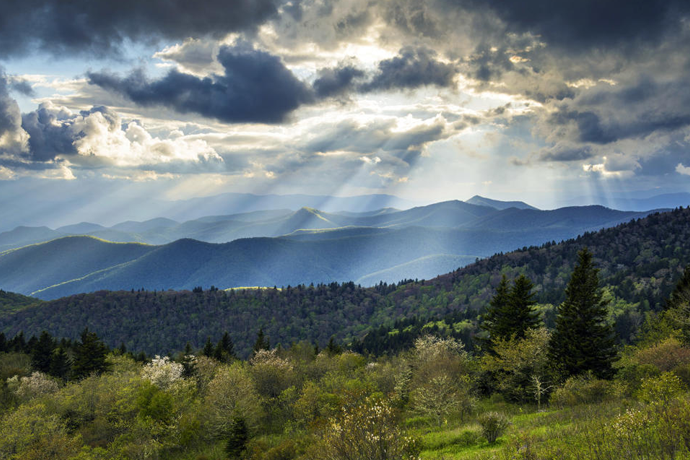
We see you.
You’re looking forlornly out your (office/home/helicopter) window at the cloudless sky, daydreaming of packing your bags and leaving your (responsibilities/family/helicopter issues?) behind. To replenish your soul in the warm embrace of Mother Nature.
Well, here to give you the push you need are eight books that get down to the business of getting away from it all, including Dave Eggers’s new novel, Heroes of the Frontier, and not one, not two, but three tomes with the word “wild” in the title.
Don’t worry. There are other words, too.
 The book: Walden by Henry David Thoreau.
The book: Walden by Henry David Thoreau.
Protagonist’s reason for leaving: Apparently, he wished to live deliberately, to front only the essential facts of life, and see if he could not learn what it had to teach, and not, when he came to die, discover that he had not lived. We’re quoting.
Place of refuge: A cabin near Walden Pond in Concord, Massachusetts.
He learned: The importance of self-reliance; that, evidently, civilization is better than solitude, since—spoiler—he goes back at the end.
Difficulty for you to recreate on a scale of 1 to 10: 2. Just find a cabin near a lake, host some visitors, go hunting and generally hang out thinking.
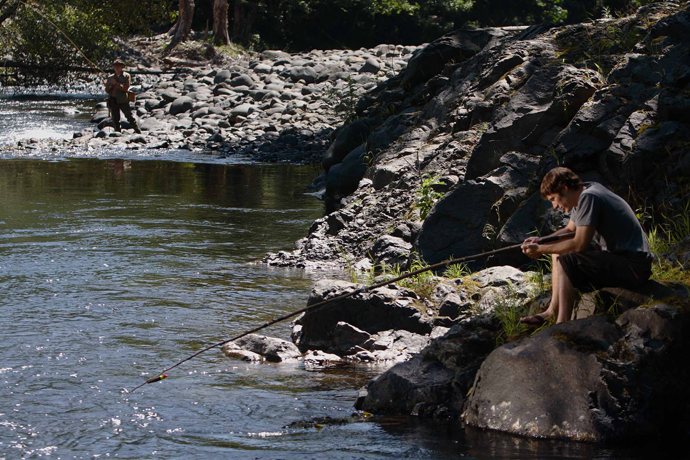 The book: The River Why by David James Duncan.
The book: The River Why by David James Duncan.
Protagonist’s reason for leaving: To get out of the shadow of his fishing-obsessed family and do some serious fly-fishing on his own terms.
Place of refuge: A cabin in the foothills of the Oregon Coast Range.
He learned: To be grateful for life; to let go of other people’s notions of success; how to cast the hell out of a fly rod.
Difficulty: 5. Fly-fishing is harder than it looks.
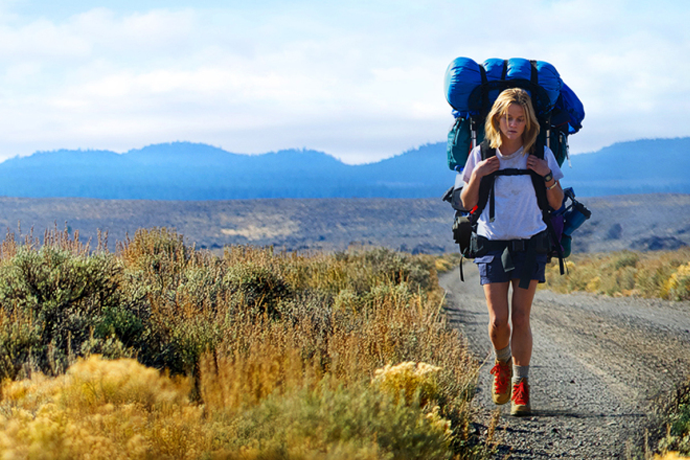 The book: Wild: From Lost to Found on the Pacific Crest Trail by Cheryl
Strayed.
The book: Wild: From Lost to Found on the Pacific Crest Trail by Cheryl
Strayed.
Protagonist’s reason for leaving: Her mother’s death, a distant family, heroin...
Place of refuge: The 1,100 miles of the Pacific Crest Trail.
She learned: The resilience of the human spirit/body; how to cope with one’s grief; to overcome some unbearably nasty blisters.
Difficulty: 9. Just sit this one out.
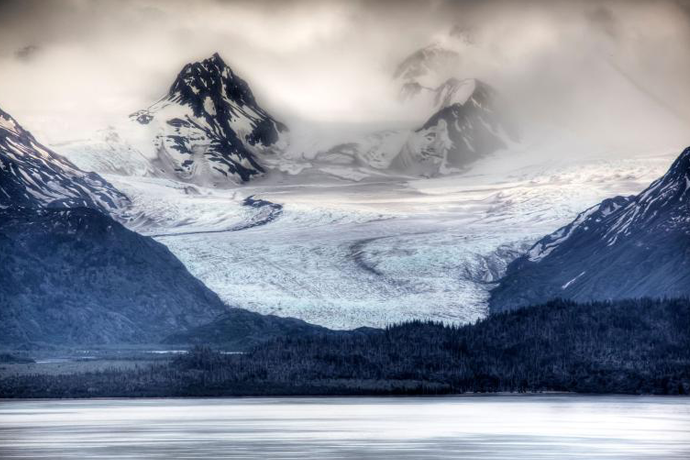 The book: Heroes of the Frontier by Dave Eggers.
The book: Heroes of the Frontier by Dave Eggers.
Protagonist’s reason for leaving: Divorce, a lost dental practice and an America gone mad.
Place of refuge: A broken-down Winnebago with her two young children in Alaska.
She learned: About “the happiness of one’s personal slum”; how to (and how not to) parent in the wilderness; some best practices re: “making a run for it.”
Difficulty: 7. A road trip with one’s family is hard enough when Alaska is not involved.
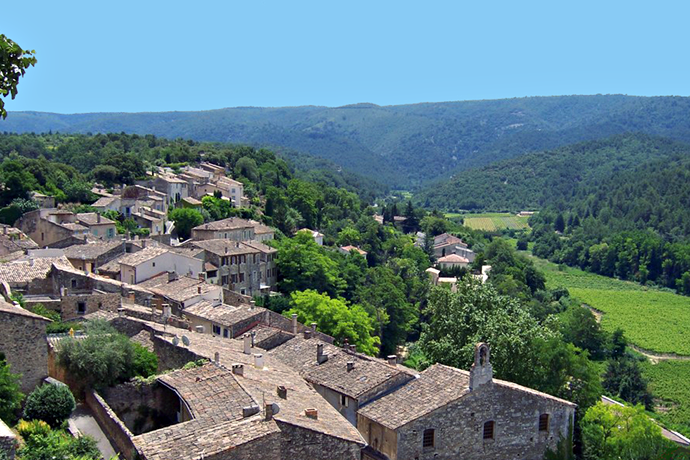 The book: A Year in Provence by Peter Mayle.
The book: A Year in Provence by Peter Mayle.
Protagonist’s reason for leaving: Escaping the hustle and bustle of the city.
Place of refuge: Provence.
He learned: To hunt for truffles; how to deal with French drivers; gardening, cooking and other bucolic Provence-related skills.
Difficulty: -1. Yes, you read that right: -1. This book is more or less about a vacation.
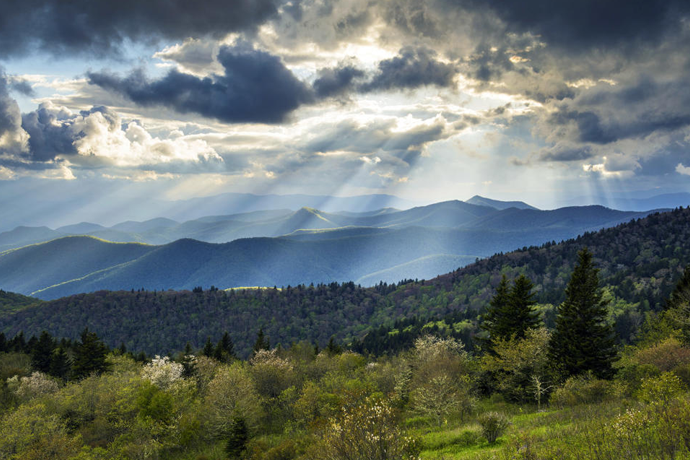 The book: The Last American Man by Elizabeth Gilbert.
The book: The Last American Man by Elizabeth Gilbert.
Protagonist’s reason for leaving: To rebel—in the way only 17-year-old suburbanites can—against the materialistic comforts of home.
Place of refuge: The Appalachian Mountains.
He learned: To be a man. Like, an actual quote-unquote “man”; to trap animals in order to wear their skin; to live in the woods for two decades.
Difficulty: 10. Two decades is like 2,000% longer than your last camping trip.
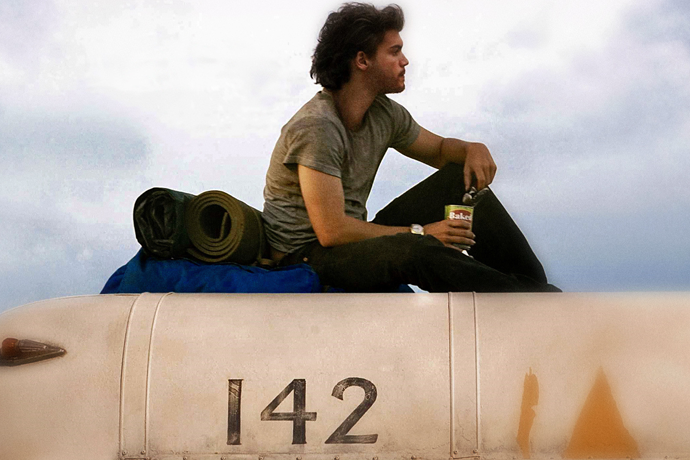 The book: Into the Wild by Jon Krakauer.
The book: Into the Wild by Jon Krakauer.
Protagonist’s reason for leaving: Pretty much the same as the previous book.
Place of refuge: The Stampede Trail in Alaska.
He learned: That happiness is only real when shared. Also, that Alaska can be a real bitch.
Difficulty: N/A. Maybe get away from it all somewhere/somehow else.
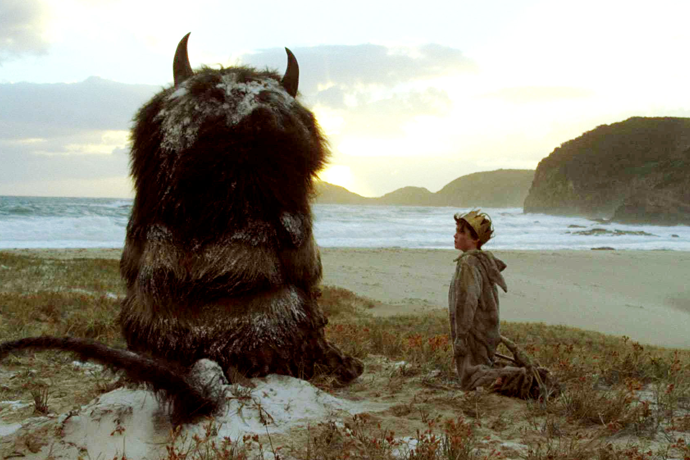 The book: Where the Wild Things Are by Maurice Sendak.
The book: Where the Wild Things Are by Maurice Sendak.
Protagonist’s reason for leaving: Mom sent him to his room.
Place of refuge: An imaginary island where Wild Things roam.
He learned: How to use intimidation to subjugate mythical creatures; to enjoy the shit out of a good, innocent romp; that Mom’s always bluffing when she withholds supper.
Difficulty: 3. Use your imagination.
You’re looking forlornly out your (office/home/helicopter) window at the cloudless sky, daydreaming of packing your bags and leaving your (responsibilities/family/helicopter issues?) behind. To replenish your soul in the warm embrace of Mother Nature.
Well, here to give you the push you need are eight books that get down to the business of getting away from it all, including Dave Eggers’s new novel, Heroes of the Frontier, and not one, not two, but three tomes with the word “wild” in the title.
Don’t worry. There are other words, too.
 The book: Walden by Henry David Thoreau.
The book: Walden by Henry David Thoreau.Protagonist’s reason for leaving: Apparently, he wished to live deliberately, to front only the essential facts of life, and see if he could not learn what it had to teach, and not, when he came to die, discover that he had not lived. We’re quoting.
Place of refuge: A cabin near Walden Pond in Concord, Massachusetts.
He learned: The importance of self-reliance; that, evidently, civilization is better than solitude, since—spoiler—he goes back at the end.
Difficulty for you to recreate on a scale of 1 to 10: 2. Just find a cabin near a lake, host some visitors, go hunting and generally hang out thinking.
 The book: The River Why by David James Duncan.
The book: The River Why by David James Duncan.Protagonist’s reason for leaving: To get out of the shadow of his fishing-obsessed family and do some serious fly-fishing on his own terms.
Place of refuge: A cabin in the foothills of the Oregon Coast Range.
He learned: To be grateful for life; to let go of other people’s notions of success; how to cast the hell out of a fly rod.
Difficulty: 5. Fly-fishing is harder than it looks.
 The book: Wild: From Lost to Found on the Pacific Crest Trail by Cheryl
Strayed.
The book: Wild: From Lost to Found on the Pacific Crest Trail by Cheryl
Strayed.Protagonist’s reason for leaving: Her mother’s death, a distant family, heroin...
Place of refuge: The 1,100 miles of the Pacific Crest Trail.
She learned: The resilience of the human spirit/body; how to cope with one’s grief; to overcome some unbearably nasty blisters.
Difficulty: 9. Just sit this one out.
 The book: Heroes of the Frontier by Dave Eggers.
The book: Heroes of the Frontier by Dave Eggers.Protagonist’s reason for leaving: Divorce, a lost dental practice and an America gone mad.
Place of refuge: A broken-down Winnebago with her two young children in Alaska.
She learned: About “the happiness of one’s personal slum”; how to (and how not to) parent in the wilderness; some best practices re: “making a run for it.”
Difficulty: 7. A road trip with one’s family is hard enough when Alaska is not involved.
 The book: A Year in Provence by Peter Mayle.
The book: A Year in Provence by Peter Mayle.Protagonist’s reason for leaving: Escaping the hustle and bustle of the city.
Place of refuge: Provence.
He learned: To hunt for truffles; how to deal with French drivers; gardening, cooking and other bucolic Provence-related skills.
Difficulty: -1. Yes, you read that right: -1. This book is more or less about a vacation.
 The book: The Last American Man by Elizabeth Gilbert.
The book: The Last American Man by Elizabeth Gilbert.Protagonist’s reason for leaving: To rebel—in the way only 17-year-old suburbanites can—against the materialistic comforts of home.
Place of refuge: The Appalachian Mountains.
He learned: To be a man. Like, an actual quote-unquote “man”; to trap animals in order to wear their skin; to live in the woods for two decades.
Difficulty: 10. Two decades is like 2,000% longer than your last camping trip.
 The book: Into the Wild by Jon Krakauer.
The book: Into the Wild by Jon Krakauer.Protagonist’s reason for leaving: Pretty much the same as the previous book.
Place of refuge: The Stampede Trail in Alaska.
He learned: That happiness is only real when shared. Also, that Alaska can be a real bitch.
Difficulty: N/A. Maybe get away from it all somewhere/somehow else.
 The book: Where the Wild Things Are by Maurice Sendak.
The book: Where the Wild Things Are by Maurice Sendak.Protagonist’s reason for leaving: Mom sent him to his room.
Place of refuge: An imaginary island where Wild Things roam.
He learned: How to use intimidation to subjugate mythical creatures; to enjoy the shit out of a good, innocent romp; that Mom’s always bluffing when she withholds supper.
Difficulty: 3. Use your imagination.





